دور تقنيات الذكاء الاصطناعى فى تحسن مخرجات رياضة الجودو
محتوى المقالة الرئيسي
الملخص
هدف البحث الى التعرف على دور تقنيات الذكاء الاصطناعي في تحسن مخرجات رياضة الجودو واستعملت الباحثتان المنهج الوصفي و اشتملت عينة البحث الاساسية على (387) معلم تربية بدنية (معلم المدارس الحكومية – المدارس الخاصة- طالبات كلية النشاط البدني وعلوم الرياضة بجامعة طيبة) في المملكة العربية السعودية ، واستنتجت الباحثتان ان تقنيات الذكاء الاصطناعي تساعد في حل بعض المشكلات التي تواجه المعلمين في العملية التعليمية وتساعد الى اكتساب المعرفة المعلومات لاتخاذ القرارات الإدارية سليمة تعود على العملية التعليمية بتحسين مستوي الاداء البدني والمهارى والخططى في رياضة الجودو وعلية تمت التوصية الى ضرورة استخدام تقنيات الذكاء الاصطناعي كالمحاكاة في تعليم رياضة الجودو
تفاصيل المقالة

هذا العمل مرخص بموجب Creative Commons Attribution-NonCommercial 4.0 International License.
المراجع
Alastal, M., Aqel, M., & Al-Agha, I. (2021). Developing a proposed model based on artificial intelligence and its effectiveness in developing programming skills among students of the University College of Science and Technology in Khan Yunis. Journal of the Islamic University of Educational and Psychological Studies, 29(2).
Al-Shami, G. (2020). Curriculum Engineering and Foreseeing the Future of Technological Innovation in the Digital Age. Al-Rashd Library, Riyadh.
Al-Subhi, S. E. (2020). The reality of the use of artificial intelligence applications in education by faculty members at Najran University. Journal of the College of Education in Educational Sciences, 44(4), 319–368. https://doi.org/10.21608/jfees.2020.147725
Cloud, H. (2011). The nist definition of cloud computing. National Institute of Science and Technology, Special Publication, 800(2011), 145.
Dinca-Panaitescu, T., & Dinca-Panaitescu, S. (2023). Artificial intelligence in the sports industry. In AI and Society (pp. 113–125). Chapman and Hall/CRC.
Ghazi, M. A., & Saeed, J. A. (2021). A Proposed Vision for Teaching Physical Education Using Artificial Intelligence and Robotic Learning Methods. International Journal of Advanced Mathematical Research, 1(8), 53–60.
Glenda Morgan, R. Y., Terri-Lynn Thayer, T. S., Grace Farrell, S. M., & Charlie Winckless, N. M. (2024). Top Technology Trends in Higher Education for 2024.
Hussein, M. N. (2021). Evaluating coaches’ attitudes towards using nanotechnology and artificial intelligence applications in basketball. Scientific Journal of Sports Sciences and Arts, 69(1), 186–210.
Ismail, I. M. (2021). Nanotechnology and Artificial Intelligence in the Field of Sports Physiology. Kitab Publishing Center.
Ismail Y. Hasan. (2024). | Edtech | Educational Transformation | STEM. Robotics | AI in Education 11 articles .
Jalal, H. S. (2023). Employing Artificial Intelligence Technologies in Education in Egypt in Light of the Experiences of the United Arab Emirates and Hong Kong. Matrouh University Journal of Educational and Psychological Sciences, 4(6), 1–90. https://journals.ekb.eg/article_321271.html
Kadhim, M. A. A., Mashi, A. A. A., Al-Diwan, L. H., & Ghazi, M. A. (2024). Understanding the Mechanism of Conducting Benchmark Test for the Infrastructure of Physical Education Curricula in the Age of Artificial Intelligence. International Journal of Elementary Education, 13(1), 8–12. https://doi.org/10.11648/j.ijeedu.20241301.12
Kim, P., Ng, C. K., & Lim, G. (2010). When cloud computing meets with Semantic Web: A new design for e‐portfolio systems in the social media era. British Journal of Educational Technology, 41(6), 1018–1028. https://doi.org/10.1111/j.1467-8535.2010.01055.x
Lerebourg, L., Saboul, D., Clémençon, M., & Coquart, J. B. (2023). Prediction of Marathon Performance using Artificial Intelligence. International Journal of Sports Medicine, 44(05), 352–360. https://doi.org/10.1055/a-1993-2371
Lövdal, S. S., Den Hartigh, R. J. R., & Azzopardi, G. (2021). Injury Prediction in Competitive Runners With Machine Learning. International Journal of Sports Physiology and Performance, 16(10), 1522–1531. https://doi.org/10.1123/ijspp.2020-0518
McCabe, A., & Trevathan, J. (2008). Artificial intelligence in sports prediction. Fifth International Conference on Information Technology: New Generations (Itng 2008), 1194–1197.
Osoba, O. A., & Welser, W. (2017). The risks of artificial intelligence to security and the future of work. RAND Santa Monica, CA.
Oudah, A., Abbood, R., Shabib, S., Aldewan, L., & Ghazi, M. (2024). Developing Physical Education Curricula Within the Framework of Digital Transformation to Achieve Sustainable Development. Teacher Education and Curriculum Studies, 9(3), 86–102. https://doi.org/10.11648/j.tecs.20240903.15
Przednowek, K., Iskra, J., Lenik, J., & Cieszkowski, S. (2014). Prediction of The Result in 400m Hurdle Races in Two Years Training Cycle. Life Science Journal, 11(11).
Ray Kurzweil. (2024). AI in Sports – How is artificial intelligence redefining the sports industry? Real-world examples from .
Ullrich, A., Vladova, G., Eigelshoven, F., & Renz, A. (2022). Data mining of scientific research on artificial intelligence in teaching and administration in higher education institutions: a bibliometrics analysis and recommendation for future research. Discover Artificial Intelligence, 2(1), 16. https://doi.org/10.1007/s44163-022-00031-7
Wang, S., Yu, H., Hu, X., & Li, J. (2020). Participant or spectator? Comprehending the willingness of faculty to use intelligent tutoring systems in the artificial intelligence era. British Journal of Educational Technology, 51(5), 1657–1673. https://doi.org/10.1111/bjet.12998
Younis, A. Y. (2020). Artificial Intelligence and its Role in Improving the Quality of Higher Education after the Corona Pandemic, Second International Conference - Education after the Corona Pandemic: Challenges and Solutions. Supplement to the Journal of the Iraqi University, 16(1).
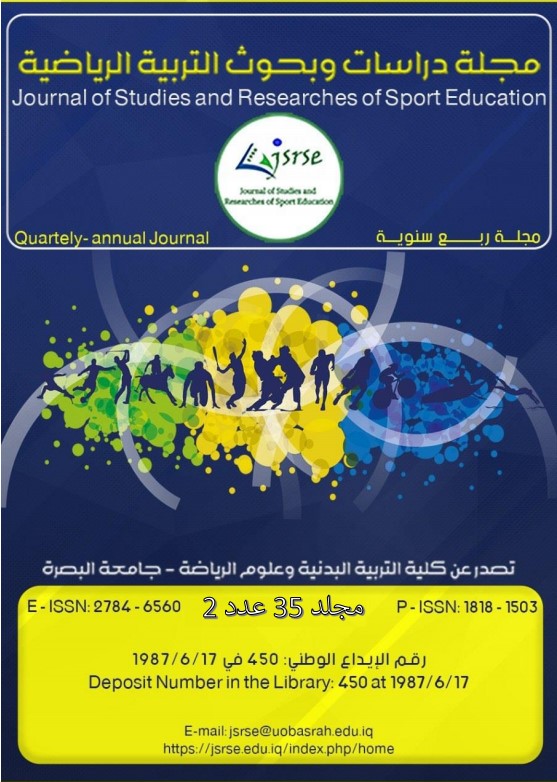




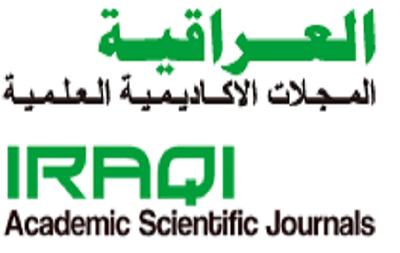 IASJ
IASJ CC-BY-4.0
CC-BY-4.0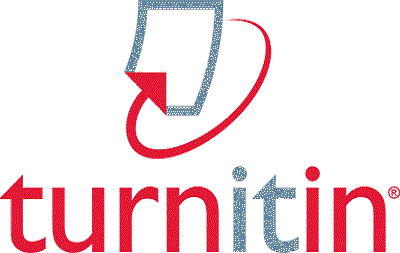 turnitin
turnitin ISSN
ISSN DOAJ
DOAJ Crossref
Crossref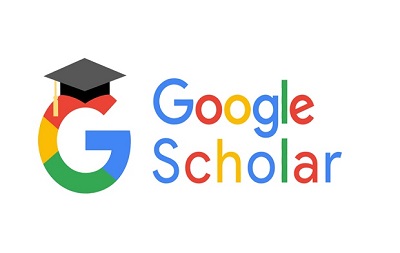 GoogleScholar
GoogleScholar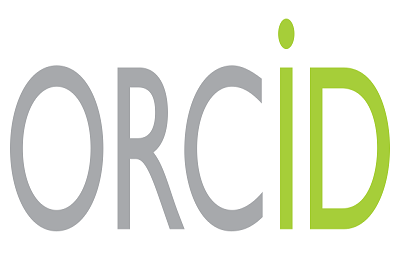 Orcid
Orcid